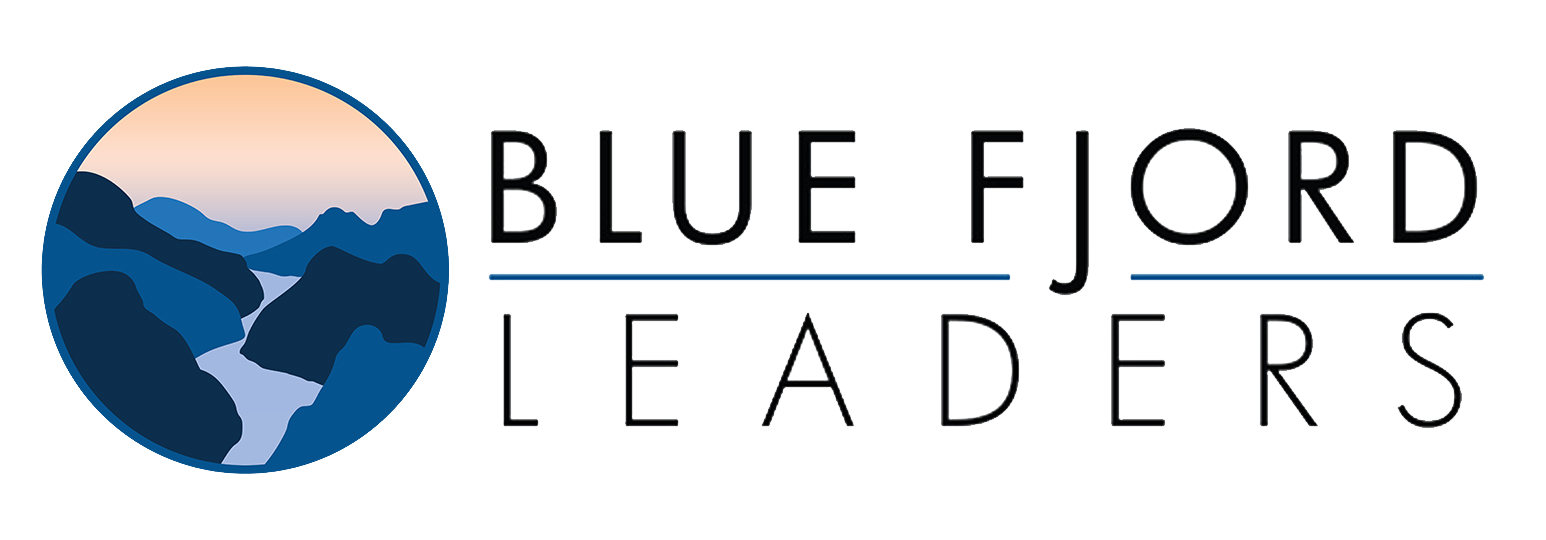
Whether on television, social media, or in newspapers, it seems we’ve lost a sense of respect. Increasingly with clients, I hear concern about the lack of civility at work. Impoliteness, one-sided viewpoints, and terse language create a tense mood which isn’t helpful for productivity. Civility is not merely a nicety but a cornerstone of a healthy and productive environment. Defined as the polite and respectful behavior expected of individuals in a professional setting, civility sets the tone for interactions and shapes the organizational culture. When civility is lacking, the repercussions can be profound, affecting employee morale, productivity, and even the bottom line.
Perhaps you’ve experienced the impact of incivility in the workplace. It can be far-reaching. It erodes trust among colleagues, fosters a toxic atmosphere of hostility, and hampers collaboration and innovation. For staff, they experience heightened stress levels, decreased job satisfaction, and a reluctance to engage fully in their work. All too often, they quit.
As Mahatma Gandhi famously said, “Civilization is the encouragement of differences.” This quote encapsulates the essence of civility in the workplace — embracing diversity of thought, flexibility in approach, and curiosity for other viewpoints, all while maintaining mutual respect and consideration for others. Simple differences in communication and work styles can result in incivility at work. Increasingly, in our work with organizations, we see inflexibility, intransigence, and an overall lack of curiosity that results in incivility. When this happens, it is difficult for employees to work their way through without help.
Let’s look at some actions you can take to prevent incivility from taking hold and steps to take to combat incivility when it surfaces.
- Lead by Example: By far the most effective action you can take is to lead by example. You create the tone at the top. Managers and executives must exhibit high-functioning communication skills every day and particularly under stress. Be explicit in asking for alternative viewpoints, model curiosity, and demonstrate flexibility of thought. Clearly, leaders exemplify respect and inclusivity in their interactions, demonstrating zero tolerance for discriminatory actions or language. When leadership prioritizes civility, it sends a clear message that such behavior is not acceptable. And it goes beyond that.
- Provide Communication Skills Training: Leaders must accept, nurture, and cultivate varying styles of communication and decision-making. The self-assessment tool that we use at Blue Fjord Leaders provides an objective view of differing communication styles. When staff learn to see and appreciate the value of others’ styles, it makes them more accommodating to an approach different from their own. While this may seem innocuous, we’ve seen differing communication styles explode into full-blown incivility and, at times, loss of staff. Training to increase communication skills is one of the most cost-effective steps that brings benefits to all.
- Support Open Communication: Encourage team members to first have an open and honest conversation with another person to proactively address concerns or misunderstandings promptly. When resolution doesn’t happen, ensure there are channels for feedback and grievance resolution so that employees feel heard and supported. A culture of open communication backed up by policy and process creates an organization where issues are less likely to fester or escalate.
- Cultivate Cultural Competence: Encourage employees to educate themselves about different cultures, backgrounds, and perspectives. Promote cross-cultural interactions and learning opportunities within the workplace to foster empathy and understanding. Team building exercises can be a fun and safe way to learn about the personal backgrounds of individuals and find commonalities. A deeper understanding of each other fosters a more inclusive environment where everyone feels valued and respected.
- Regularly Assess and Adapt: Continuously monitor the workplace climate. Observe interpersonal conversations between staff. Use your skills to help them be more curious about other viewpoints. Encourage honest, respectful communication. Perhaps your organization can use surveys, focus groups, or other feedback mechanisms. When necessary, take proactive steps to address any issues that arise. Flexibility and responsiveness are key to creating a dynamic and inclusive workplace culture.
Fostering civility in the workplace is a strategic necessity. By modeling and supporting respectful behavior, organizations can unlock the full potential of their workforce, harnessing the unique talents and perspectives of each individual to drive collective success.
If you are interested in learning more about communication skills training, click here to take a short quiz and review the training offered by Blue Fjord Leaders.





0 Comments